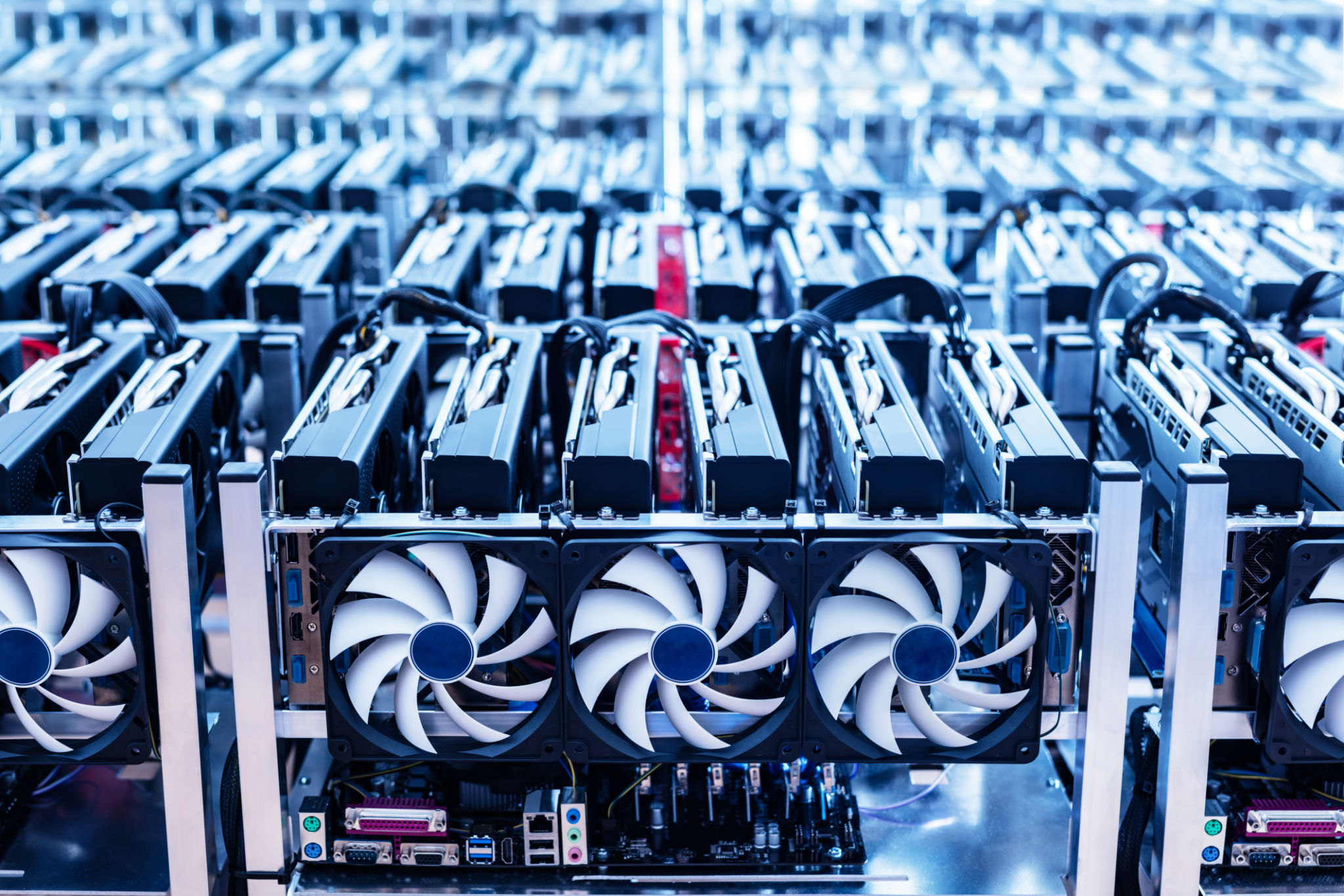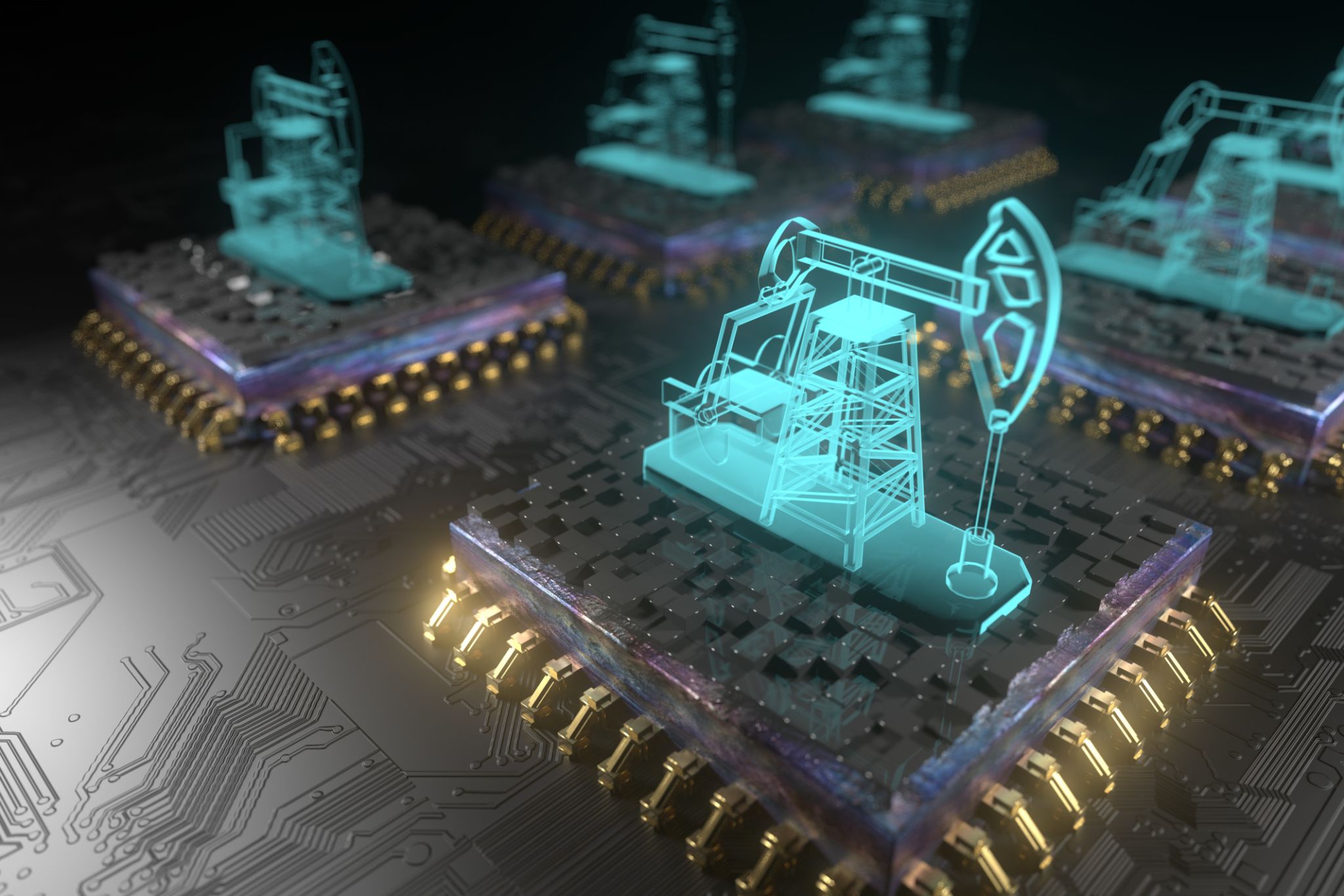Exploring the Latest Advancements in Bitcoin Mining Technology
Introduction to Bitcoin Mining
Bitcoin mining has evolved significantly since its inception, transitioning from a niche hobby to a massive industrial operation. As the value and popularity of Bitcoin have skyrocketed, so too has the complexity and technological sophistication of the mining process. This evolution is driven by advancements in hardware, software, and environmental considerations.
Hardware Advancements
The backbone of Bitcoin mining is its hardware. Over the years, there has been a dramatic shift from using basic CPUs to more specialized and efficient mining equipment. Today, Application-Specific Integrated Circuits (ASICs) dominate the industry. These devices are tailored specifically for mining Bitcoin, offering unparalleled efficiency and power.
ASICs have become more powerful, energy-efficient, and cost-effective, allowing miners to scale operations and increase profitability. The latest models offer impressive hash rates while consuming less power than their predecessors, making them essential for any serious mining operation.

Software Innovations
In addition to hardware improvements, software innovations have played a critical role in enhancing Bitcoin mining efficiency. New algorithms and software solutions optimize mining operations by improving speed, reducing energy consumption, and enhancing security.
Software developments such as optimized mining pools have allowed miners to collaborate more effectively, distributing workloads and sharing rewards more equitably. Moreover, open-source software platforms enable the community to contribute to ongoing improvements, fostering innovation and adaptability.
Environmental Impact and Sustainability
As Bitcoin mining consumes significant amounts of energy, sustainability has become a pressing concern. The industry is increasingly seeking ways to reduce its carbon footprint through the use of renewable energy sources like solar, wind, and hydroelectric power.

Innovative solutions such as energy-efficient cooling systems and heat recycling have been developed to minimize waste and improve sustainability. By adopting these green technologies, miners can not only reduce environmental impact but also lower operational costs.
The Role of AI and Machine Learning
Artificial Intelligence (AI) and machine learning are becoming vital tools in optimizing Bitcoin mining operations. These technologies help in predicting energy consumption patterns, optimizing resource allocation, and enhancing security measures.
AI-driven analytics provide insights into mining performance, helping miners make informed decisions about when and where to operate. Machine learning algorithms can also detect anomalies in mining activities, offering an additional layer of protection against potential threats.

Regulatory Developments
The rapid growth of Bitcoin mining has also attracted regulatory attention. Governments worldwide are exploring frameworks to ensure that mining activities are conducted responsibly and transparently. These regulations aim to protect the environment while ensuring fair competition within the industry.
Miners must stay informed about changing regulations and consider compliance as part of their operational strategy. By adopting best practices and engaging with regulatory bodies, the industry can continue to thrive within a sustainable and legal framework.
Future Trends in Bitcoin Mining
The future of Bitcoin mining looks promising with continuous advancements in technology. Innovations in quantum computing could further revolutionize the industry by significantly increasing computational power.
Additionally, as blockchain technology evolves, it may lead to new consensus mechanisms that enhance efficiency and security. Staying ahead of these trends is crucial for miners who wish to remain competitive and sustainable in this rapidly changing landscape.